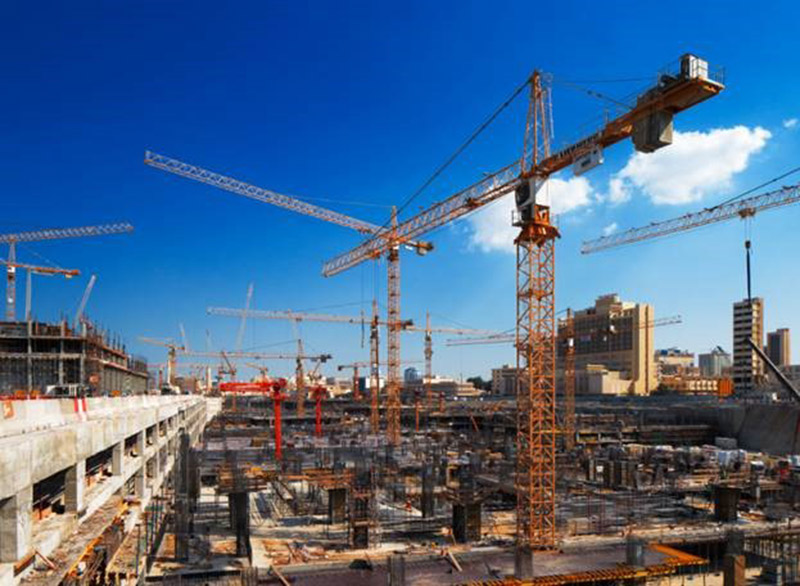The UAE will account for almost half the value of all new construction contracts awarded in the GCC this year and far more than Saudi Arabia and Qatar combined, according to a new report.
Contracts handed out in 2017 will total $85.6bn, 7 percent more than the $79.5bn seen in 2016, according to the GCC Building Construction Market Report created by Ventures Onsite for The Big 5 Heavy.
An estimated $40.5bn worth of those contracts will be awarded in the UAE, up by a quarter on last years figure of $32.6bn, followed by Qatar ($16.7bn) and Saudi Arabia ($16bn).
Thanks to investments in housing, schools, health facilities and public buildings, Dubais construction industry is gaining momentum, The Big 5 Heavy report states.
This is further enhanced by the build-up towards Expo 2020, which is expected to award 47 construction contracts worth $3bn this year.
In an effort to broaden its leisure-driven offer, Abu Dhabi is continuing the development of Saadiyat Island, where 1,300 new hotel rooms – mostly in the luxury segment – are in the pipeline.
Further 3,500 keys in urban hotels are also expected to be available as part of current plan to increase the contribution of the tourism sector to the diversification of Abu Dhabis economy.
Richard Pavitt, Event Director of The Big 5 Heavy, said: Building materials suppliers serving the GCC can expect a robust growth in the coming years. With a number of mega projects underway, rebound of the regional construction sector will roll out its positive results starting from Q3 2017.
Indeed, 45 percent of the building projects in the region are in the design stage and 32 percent in the tender for construction phase, promising a robust pipeline of business opportunities for construction players in the GCC.
According to the report, the current rise in building materials prices indicates that the building industry is expanding with new projects and properties.
Moreover, the introduction of VAT across the GCC starting next January 2018 is expected to further boost the construction sector in the region, as revenues could be used by governments to improve services for citizens, including housing, healthcare and education programs.

